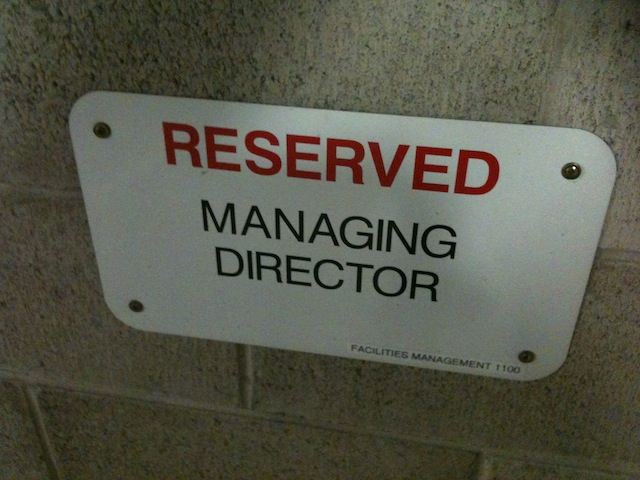Today GE had their At Work conference in Sydney where CEO Jeff Immelt was interviewed by Westfarmers’ boss Richard Goyder.
One of the key messages from Immelt in his interview with the Australian conglomerate’s CEO was that finding growth in a flat global economy is going to take hard work and creativity; just relying on increased domestic spending is not longer an option.
Immelt was particularly pointed about the developed world’s economies, “the US is best since the financial crisis, growth is broad based but it’s still in the two to two-and-a-half percent range. It may be that’s the new normal.”
“Europe and Japan are pretty tough, forty percent of the world’s economy is still difficult, not going downward but stable and flat.”
Preparing for a slow growth world
“We’ve prepared ourselves for a slow growth world but one where you can invest in growth.”
“There’s still opportunities out there,” Immelt observed. “We’re going to have to make our own growth.”
Part of that growth story relates to the end of the consumerist era where debt funded consumer spending, particularly in the US, drove the global economy.
“We are coming out of a time period of the last ten or fifteen years where the US grew four and half percent every year with no inflation. So the US was the dominant economy in the world during the 1980s and 1990s.”
“We knew that was not going to be the same, so we’re in a world with no tail wind where we think greater focus on things like R&D, globalisation and things like that which will be critically important.”
Changing business focus
One of things Immelt did after the global financial crisis was to change the focus of the business away from the consumer finance division that had been a river of gold over the last thirty years back to being an industrial infrastructure company.
“Everyone needs to paranoid about relevancy and what they do great in the world today. There is no shelf life for reputation or anything else.”
“The engine of growth in the US when it was growing at its best was the US consumer, both in the combination of their own wealth and in taking on leverage. That was the engine of growth from 1980 to 2007.”
“It ended badly, but those were big engines of growth. What will be the next engines of growth?” Immelt mused.
Asian consumers to the rescue
Immelt sees the rise of Asian economies as being the next growth drivers with over billion consumers rising in affluence.
Whether those Asian economies can generate the growth that the hyper-developed economies of North America, Europe and Japan were able to provide during the past thirty years remains to be seen given China’s, and most of Asia’s, consumers having nothing like the West’s spending power.
The truth is we’re decades off Asia’s huddled masses having the economic strength to carry the global economy in the way the western world’s consumers did for the closing decades of the Twentieth Century.
For economies like Australia that are largely based upon domestic consumption funded by debt, this will mean a massive redirection of the economy away from renovating houses to investing in productive industries.
Immelt’s message to business leaders is clear; don’t rely on a rising tide of domestic growth to keep you afloat. Companies are going to have to find new markets and products if they want to grow, waiting for customers to arrive is no longer an option.





